Before it became a blockbuster movie, “Kingdom” was first a manga (actually, one of the best-selling manga series of all time) by Yasuhisa Hara and then an anime by Studio Pierrot. Despite the fact that it is animated in CGI, the quality of the story, and the artform actually, has still made it a rather successful series.
Watch This Title on Crunchyroll
by clicking on the image below
The story of Kingdom is a fictional adaptation of the Chinese history known as the Warring States period, which ended in 221 BC when Ying Zheng, king of Qin, succeeded in conquering the other states and unifying China. Several of the characters are based on historical figures.
The first season consists of 38 episodes which focus on three different arcs. In the first one, we meet Xin and Piao, war-orphans working as servants in a poor village in the kingdom of Qin. However, they dream to become the “Great Generals of the Heavens” and train daily. One day, Piao is taken to the palace for an unknown purpose by a minister and Xin is left behind. A few months later, Piao returns to the village on the verge of death, urging Xin to travel to another village. There, Xin meets a boy nearly identical to Piao, Ying Zheng, the current King of Qin. Xin learns that Piao served as a body double for Ying Zheng and was mortally wounded in a power struggle for the throne. Though initially furious at Ying Zheng for causing Piao's death, Xin decides to seize the opportunity and aids him in ousting his younger half-brother Cheng Jiao and reclaiming the Qin throne, with the help of the Mountain Tribe, who become allies of the Kingdom once more. Ka Ryo Ten, a young girl and the last descendant of a mountain tribe, becomes instrumental in all the proceedings
In the second one, Ying Zheng as a King asks Xin to join a campaign as part of a group, essentially to start as a lowly soldier before he manages to make his dream of becoming a general come true. The enemy this time is the State of Wei, who are not shy of also using assassins to kill Ying Zheng. Being under the orders of a 1000-man-general, Fu Hu Shen, who seems to make one mistake after the other, Xin and his group still manage to stand out, particularly with the help of Kyou Kai, a female warrior of intense abilities, who comes from a long line of assassins, and is set on a path of revenge.
In the third arc, Xin, under the tutelage of the great general Ou Ki, has become a 100-men general, keeping the majority of his former comrades with him, including Kyou Kai. The threat this time, though, is the country of Zhao, is the biggest Qin has even faced. The appearance of Hou Ken, a tremendous warrior who calls himself the God of War, forces Ou Ki to take the battlefield to face him, while shedding much light on their common past. While he poses a threat to Ou Ki as a fighter, Ri Boku, Zhao's main general, does the same to him as a strategist, with Qin's army eventually finding themselves in a tremendous binge.
Check also this interview
Allow me to begin with an off-topic comment. The movie adaptation is actually impressive in how they have managed to transfer the manga/anime to the big screen. Parenthesis closes. Evidently, the first thing one will notice in the series, probably in disgruntlement, is the CGI animation, which, once more, proves to be unfit for the particular format, despite the great efforts of Studio Pierrot. However, and the word here is quite big, the combination of Atsuo Tobe, Masatoshi Hakanda and Noriko Otake's character design, Mirai Saito's background arc and Mika Iwami's color design result in a visually astonishing title, which actually thrives in the particularly department from beginning to end. And even if the movement of the characters is, once more, more floating than flowing, the battle sequences, either between individuals or between whole armies, is still quite good, to the point that the fact that this is CGI is forgotten after just a few episodes.
Where the series truly thrives, however, is the story and overall context. The initial arc, with the village boys that dream of becoming the best generals in the world has an appeal in itself, but the way it unfolds adds a very entertaining sense of drama, while creating intense empathy for both Xin and Ying Zheng. One could say that the path the former follows is quite common for shonen anime, but both the road he has to take to get there, and the way the peripheral characters affect it, are also excellently implemented in the main story.
In that regard, the presence of Ou Ki looms over the whole story actually, with his impact in all three aspects of the narrative (one-on-one fighting, palace politics, and war) being truly immense. While in the first two arcs he essentially remains in the shadows, the third one brings him to the forefront as protagonist, in the most epic and dramatic part of the season, which, additionally, provides a perfect ending for it.
Also of interest are the female characters, with each arc having at least one of them in focus. The first one has the majestic Yang Duan He, the leader of Qin's Mountain Tribes becoming an integral factor, while the cheeky, cute but eventually equally impactful Ka Ryo Ten is another point of focus. Regarding the latter, the way she cares about Xin and her struggle as a woman in a man's world are rather appealing, while, as the series progresses, her will to become a general also becomes a very rewarding part of the context. Lastly, Kyou Kai, both regarding her past and her astonishing abilities as a fighter, emerges as another captivating character, playing integral part in the story, also for the way her relationship with the protagonist grows and transforms through the battles they face together.
As mentioned before, the story essentially follows three main paths. The first involves one-on-one fighting for the most part, as Xin is improving as a fighter. The second, mostly revolving around Ying Zheng, concerns palace politics and his struggle first to gain the throne and then to retain it, in probably the most intriguing, contextually, aspect of the series. The third, which is the most majestic visually, involves war and the massive battles that take place throughout, with the strategies of people who are all experts, creating a series of very entertaining arcs. The fact that Ou Ki seems all powerful looms over this last aspect, but the last arc takes care of this, by creating a very appealing sense that nothing is for certain.
The way all three are combined is a testament to Jun Kamiya's directorial abilities, with him retaining excitement for the overwhelming majority of the 38 episodes, even if some lagging through lengthy flashbacks does appear here and there. Also of note is the fact that Kamiya presents the blights of war too, both by having scores of people he has created empathy for before, dying, and by showing the consequence to the people who are left behind
Just like Bong Joon-ho “famous” speech about the small obstacle of subtitles, I daresay that if someone moves beyond the “obstacle” of CGI, they will stumble upon a truly epic anime in “Kingdom”, one that definitely deserves a watch by all fans of historical, military series.


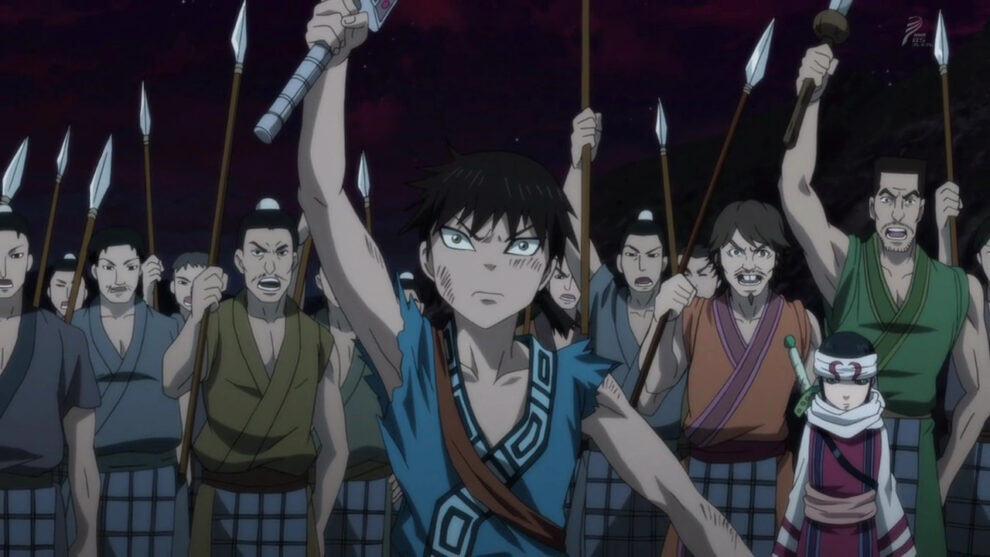

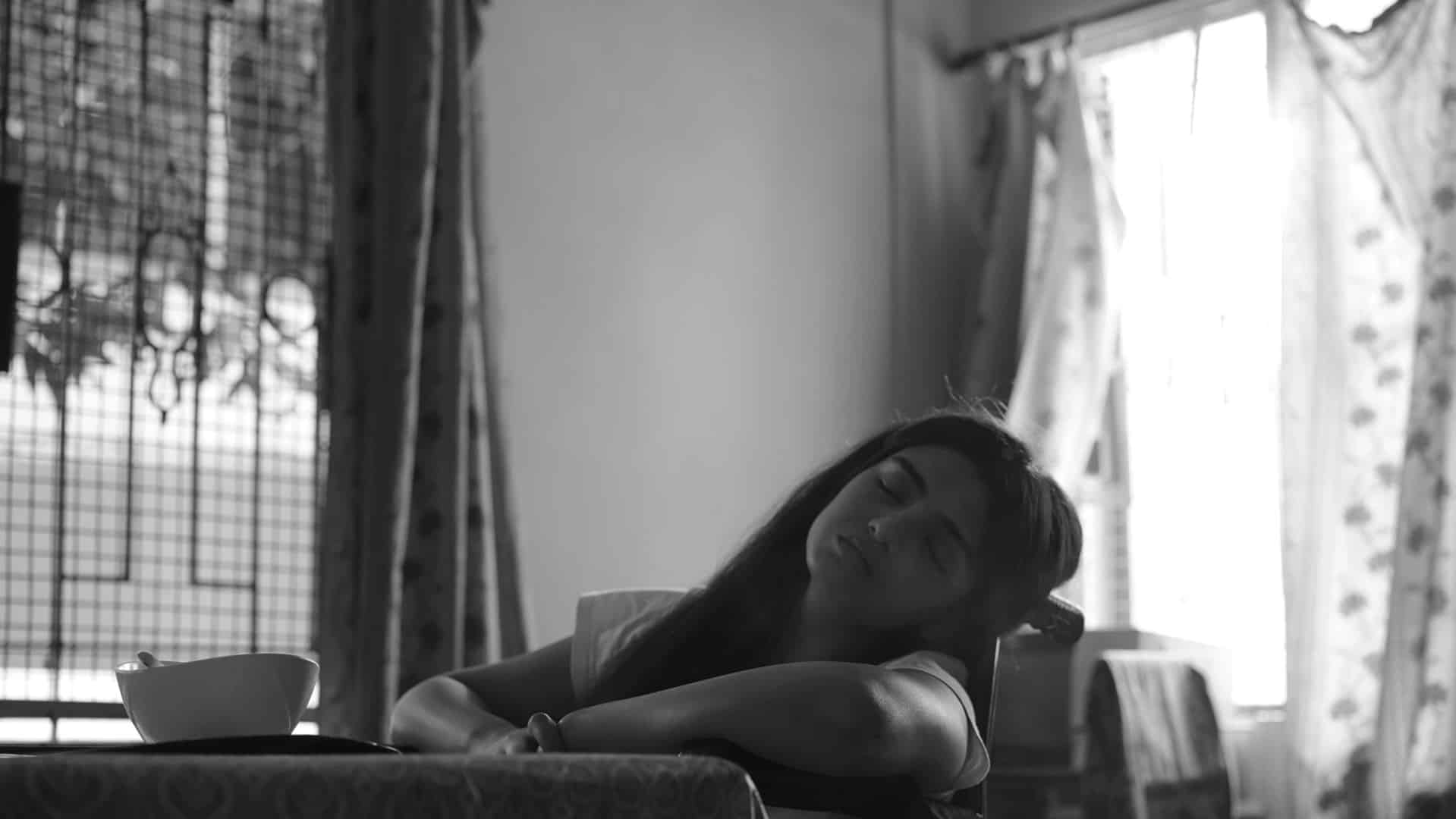
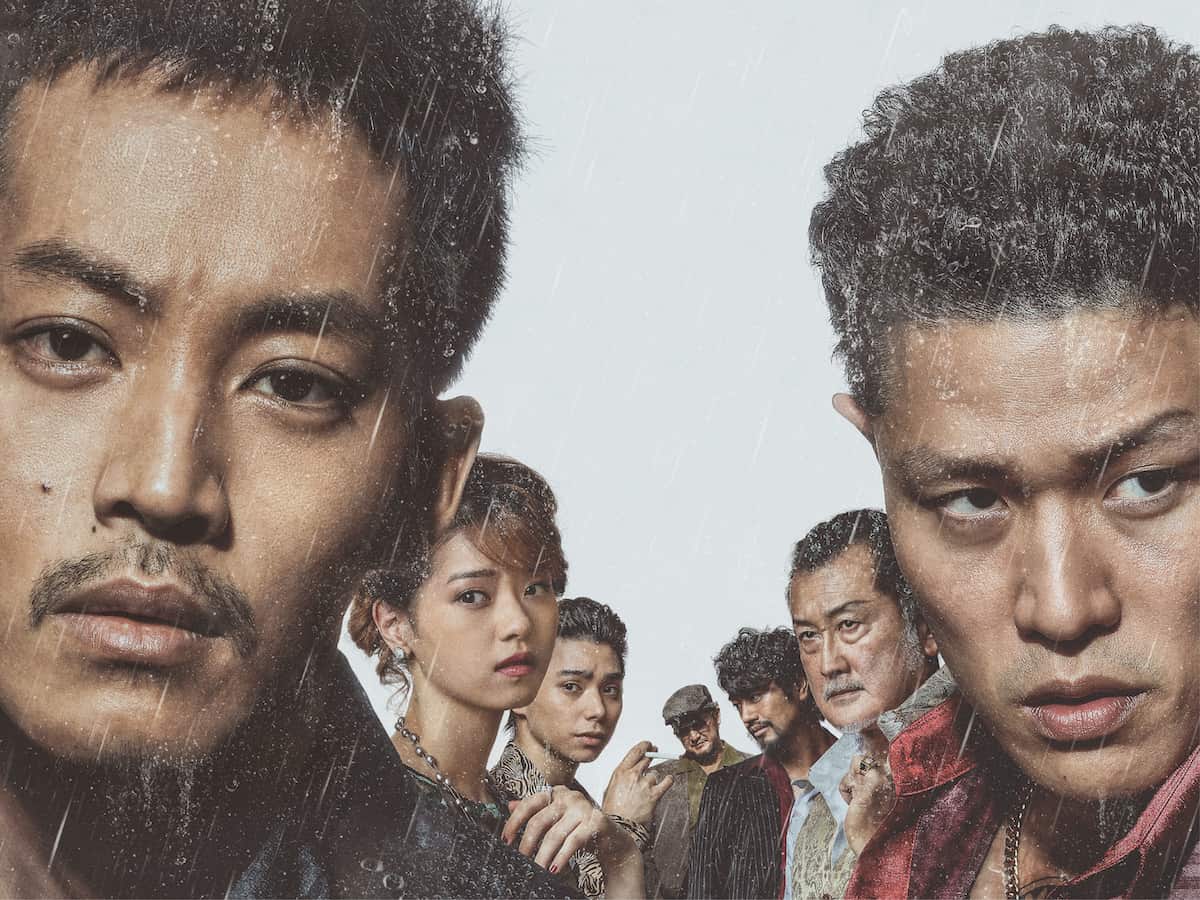
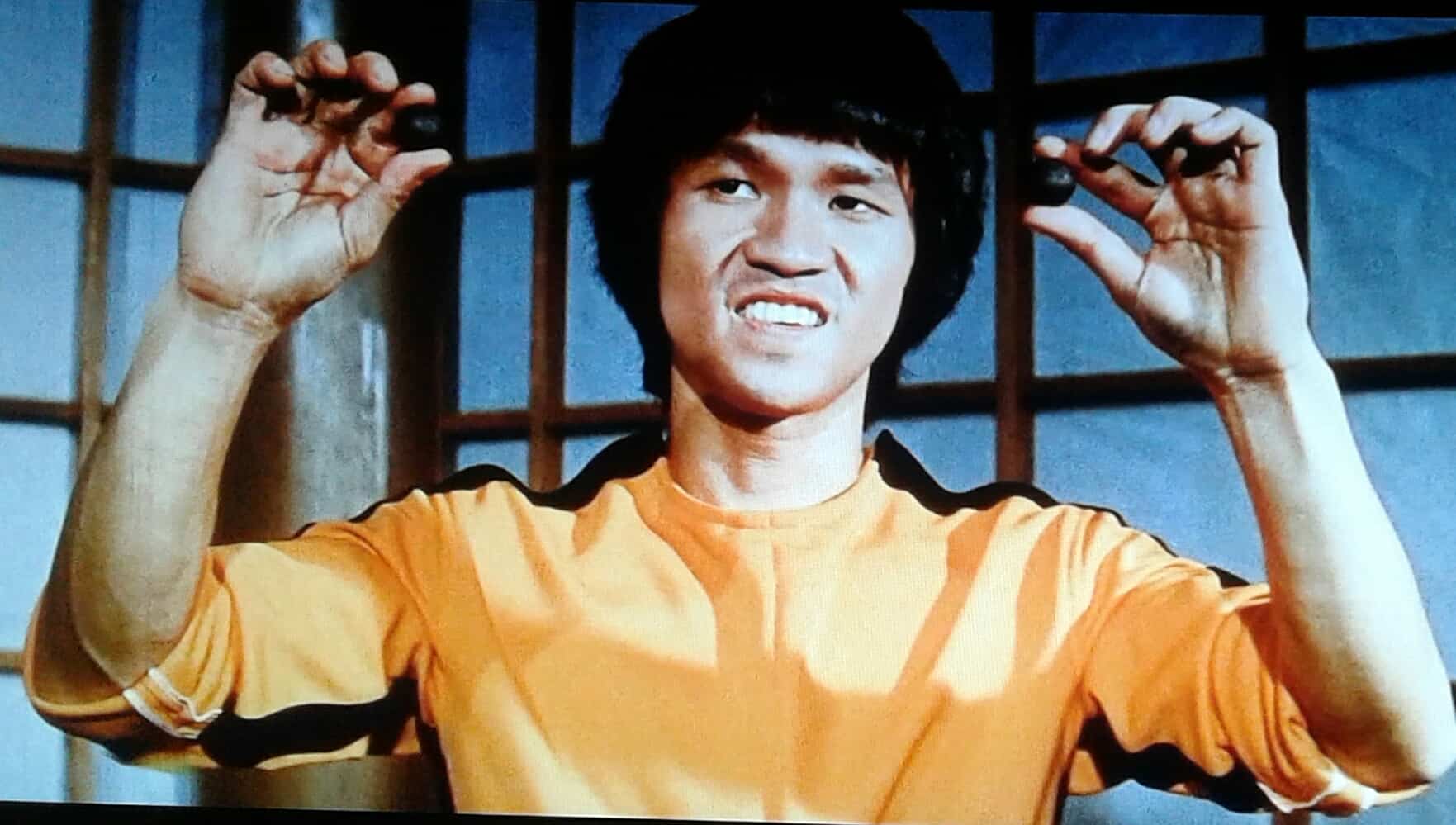
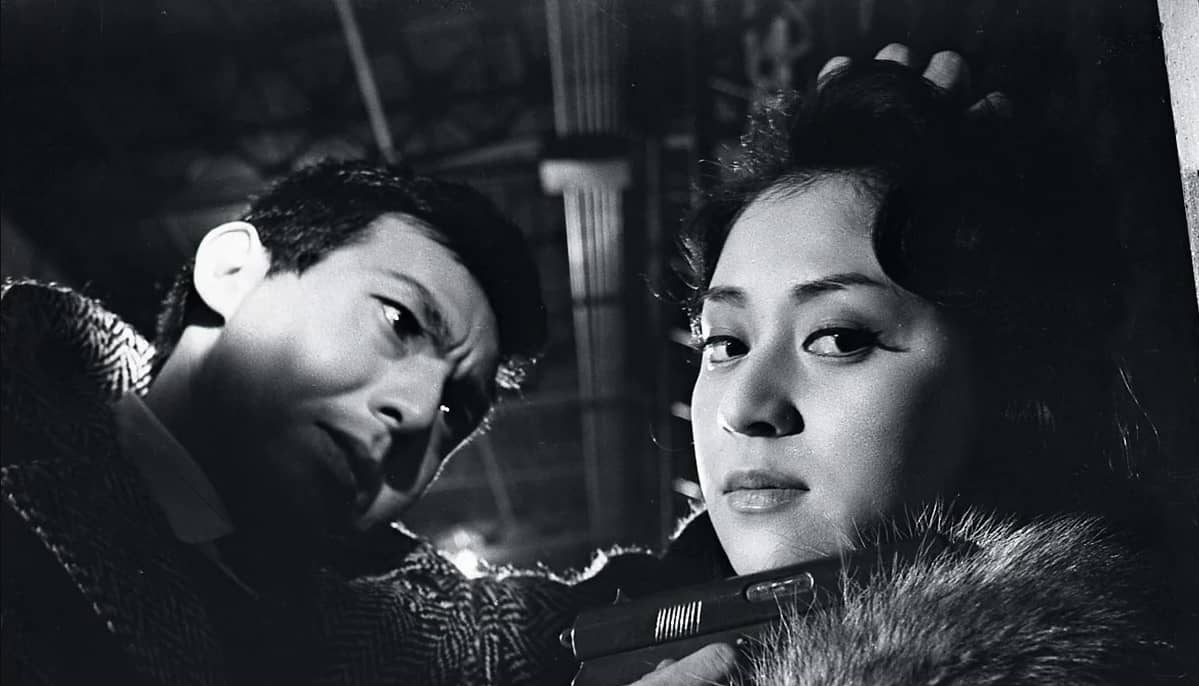
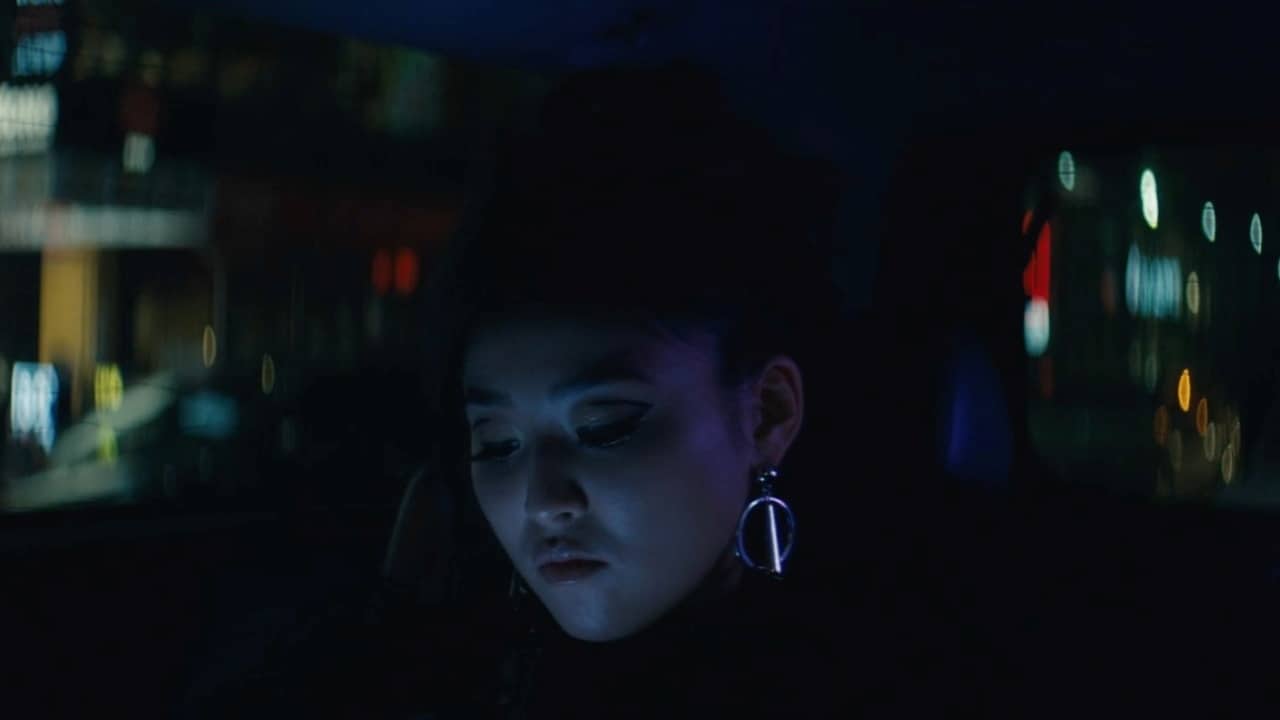








In my opinion, the narrative depth of Kingdom’s first season was exceptionally high, showcasing a compelling story that kept me hooked from beginning to end. However, the animation quality was a sore point, which likely could have turned away some viewers. It was quite jarring, especially when juxtaposed with the sophisticated storyline. Thankfully, with each passing season, the animation saw a significant improvement, aligning more closely with the high-caliber storytelling that Kingdom is known for.
You are right about that